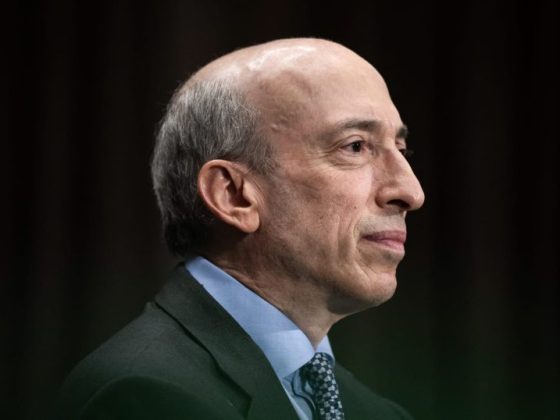TD Bank, also known as Toronto-Dominion Bank, has recently been involved in significant legal proceedings. The bank pleaded guilty to two criminal charges of money laundering and conspiracy and has agreed to pay $3 billion in penalties. This is a resolution that has drawn attention not only within the finance industry but also within the civic society as it highlights the importance of stringent regulations and ethical practices within business entities.
The Charges
The U.S Department of Justice (DOJ) and the U.S Securities and Exchange Commission (SEC) had been investigating TD Bank’s role in what has been dubbed a highly sophisticated money laundering scheme. The charges against the bank were described as ‘willful’ failure to maintain an adequate anti-money laundering controls and ‘willful’ failure to file suspicious activity reports, both of these are legal obligations under the Bank Secrecy Act.
The $3 Billion Penalty
TD Bank’s decision to plead guilty led it to agree to pay a whopping $3 billion in penalties. This consists of a $2.5 billion civil penalty and a $500 million criminal penalty, to be distributed between the DOJ and the SEC. This penalty not only marks the severity of the violations committed by the bank but also underscores the government’s commitment to hold financial institutions accountable for their actions.
The Laundering Scheme
The scheme, according to the U. S Department of Justice, involved what is typically known as a mirror trading operation. Originating from Russia, the money made its way through the TD Bank’s system, then on to Europe, and eventually back to Russia. In essence, the operation involved clients buying securities in one market and the same or similar securities were sold in another market. The DOJ argued that TD Bank was instrumental in facilitating these transactions, contributing to a significant money laundering operation.
TD Bank’s Actions
According to the charges, TD Bank neither admitted nor denied the SEC’s allegations in reaching the settlement. However, they acknowledged that their controls to prevent money laundering were insufficient. They said, Our Compliance program did not keep up with our rapid growth, confirming that from 2011 to 2013, their program indeed had serious deficiencies.
Overall Impact and Response
The legal implications for TD Bank are glaring, but the reputational damage might prove to be much more costly. The may have far-reaching consequences for TD Bank’s standing among its clientele, stakeholders, and within the financial industry at large.
The aftermath of this guilty plea will undoubtedly reverberate throughout the banking industry. The hefty fine reflects growing regulatory pressures on banks to intensify their anti-money laundering procedures, and this case will likely stand as a stern warning to other financial institutions.
In the wake of this case, TD Bank has been making efforts to rebuild its tarnished image. The bank has made several public acknowledgments of its past failures and vowed to improve its control systems. In addition, initiatives have been launched to strengthen its anti-money laundering procedures, similar to steps taken by other banks that have faced similar allegations.
A key lesson from this case is the necessity for financial institutions to maintain rigorous anti-money laundering controls, demonstrating the importance of corporate governance, risk management, and legal compliance. These factors are not just about complying with the law but are fundamentally about maintaining the integrity and credibility of the banking system.
While the case of TD Bank is unique in terms of the severity of penalties imposed, it is not isolated when it comes to lapses in detecting and preventing money laundering. And it serves as a stark reminder to other banks about the perils of failing to meet their legal and ethical obligations.











